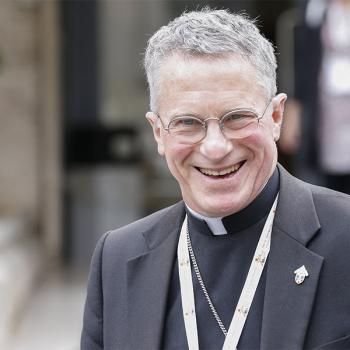"This world does not explain itself . . . I came to feel as if magic must have a meaning, and meaning must have some one to mean it."
Fairy tales are not unrealistic; they're supra-realistic, underscoring the absurdly wonderful, fantastical world in which we find ourselves, and reminding us of the One who placed us in it. There are dragons, yes, but there is Someone to subdue them, as well. And if we have the one, resplendent in all its fairytale-encrusted glory, must we not also have the Other?
As a society, we are hesitant to embrace Elfland's tales because we are uncomfortable with the notion that the inexplicable is so central our very being. The sci-fi genre, by contrast, allows us to experience things we can't explain without requiring them to be inexplicable. We don't understand them not because they can't be understood but because they are not yet understood.
But fairy tales do not allow for such future omniscience. They require us to see ourselves as part of a greater whole—one so vast we cannot possibly expect to understand all of it, let alone control it. If the imagination-starved industry's recent trend towards fairy tales - stories steeped in the rich tradition of the inexplicable and divine—brings just a few of us viewers back into contact with the idea that "magic must have a meaning, and meaning must have some one to mean it," I'm definitely for it.
We could all use a bit more Elfland in our lives.





